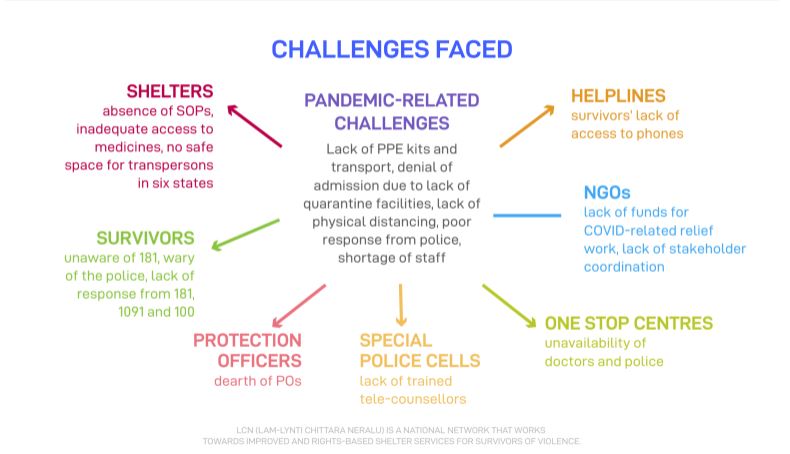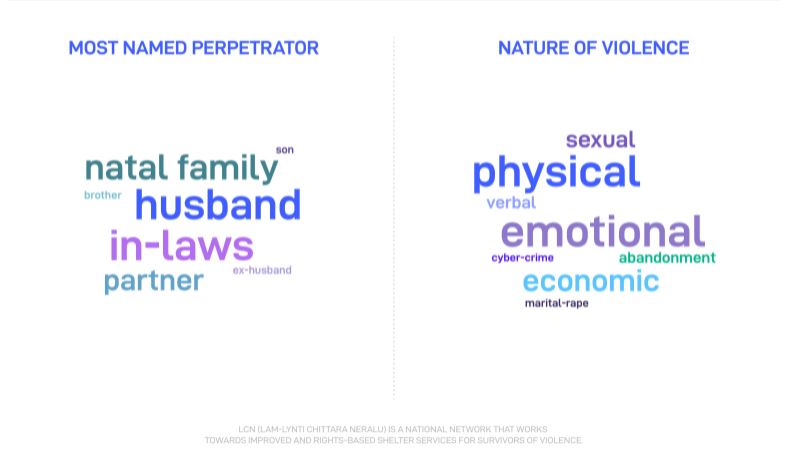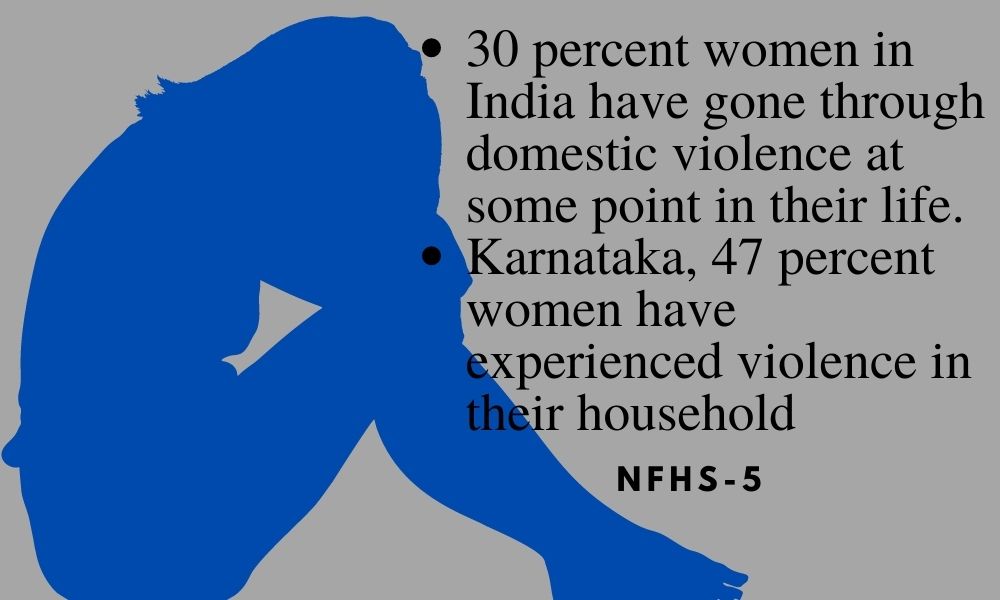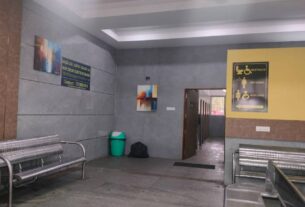Shelters under the Swadhar Greh scheme are struggling to survive due to irregular government funding.
Shelter homes struggle to pay rent and provide enough support to women seeking help due to a lack of consistent financial aid.
Akshata, assistant manager of a SwadharGreh, Shree BharatiyaAdimaJatiSewa Sanga, said that no funding has come for two years. Further, she said they are facing problems in operating the center, and have been paying rent and for other necessities out of their savings. However, last year they received a due fund of 2018–19.
If proper and sufficient funds are available, the shelter will be able to accommodate more women. Presently, they have 18 women in Shree Bharatiya Adima Jati Sewa Sanga.
Askhata’s situation echoed in Yoshada, a counsellor in a Swadhar Greh, Ambika Mahila Samithi. She said, “During the pandemic, we didn’t get any government funds, and we spent money from our pockets.” She added that during Covid there was 20 percent increase of women who reached out to her centre for help, which made it harder to give the support. Ambika Mahila Samithi has the capacity to cater to 30 women at once, but presently, there are 31 members in her shelter.
The Swadhar Greh scheme was launched in 2001–02 by the central government to provide support and shelter to the women who are dealing with distress. The shelter homes provide temporary shelter, food, counselling, legal counsel, trainings to rehabilitate the women who have been through domestic violence, sexual abuse, and women who belong from backward class and economically weaker section.
Under the Swadhar Greh scheme, non-governmental organisations (NGO) that have worked for women for at least three years are eligible to apply for the scheme. After they get approved as a Swadhar Greh shelter home, the government will pay for the recurring and non-recurring expenses of these shelter homes, states the Swadhar Greh Scheme guidelines. The expense is divided in 60:40 between the central and state governments. In 2015, the revised guidelines included Short Stay homes into the Swadhar Greh Scheme.
An official from the Department of Women and Child, Karnataka said that no funds have been released in two years. However, in 2021, they released previous due funds for the shelter homes.
Celine Suguna, from Vimochana, an NGO that works for women, explained the challenges faced by the shelter homes. “There was no fund, and there were no people to come and work as there’s no transport. So, the people who are appointed there, the staff were all sent back because nobody knew. The government was not prepared for the Covid situation.”

These shelters need upgradation and expansion in number as they are inadequate compared to the number of women seeking safe places, stated a study report by Vimochana in collaboration with Jagori, and LCN (Lam-lynti, Chittara, Neralu). A Refuge of Hope, the study conducted in India in 2019 further said that women living in these shelters are divided into two. One is just happy to be in a safe place, while others find difficulties in living with limited resources.
Moreover, A Refuge of Hope explained that people feel the safest in their home, but it’s not always the case for women. Women faced violence in their in-laws, in their natal places by the family members.

The scenario worsened in lockdown. Suguna explained, “During the Covid, it was very necessary to know the state of the shelters, the budget, the managers because everything came to a stand-still.”
In 2020, Vimochana did another Rapid Study through telephone where they listened from all the stakeholders: survivors, police, protection officers, women commission, NGOs, and shelter homes to learn about the situation on the ground.
“In our rapid study, we came to know the sexual harassment doubled in lockdown because they were stuck in the home. And, there was no money, so the demand for sex increased and, on the side, they were beating up in frustration as there was no privacy,” said Suguna.
The National Family and Health Survey (NFHS–5) revealed that at least 30 percent women in India have gone through domestic violence at some point in their life. In Karnataka, 47 percent women have experienced violence in their household. The state has also seen a rise in reported cases of dowry related atrocities.
The National Crime Record Bureau 2020 report stated that Karnataka reported 4147 cases of cruelty by husband and husband’s relatives, and 507 rape cases.





